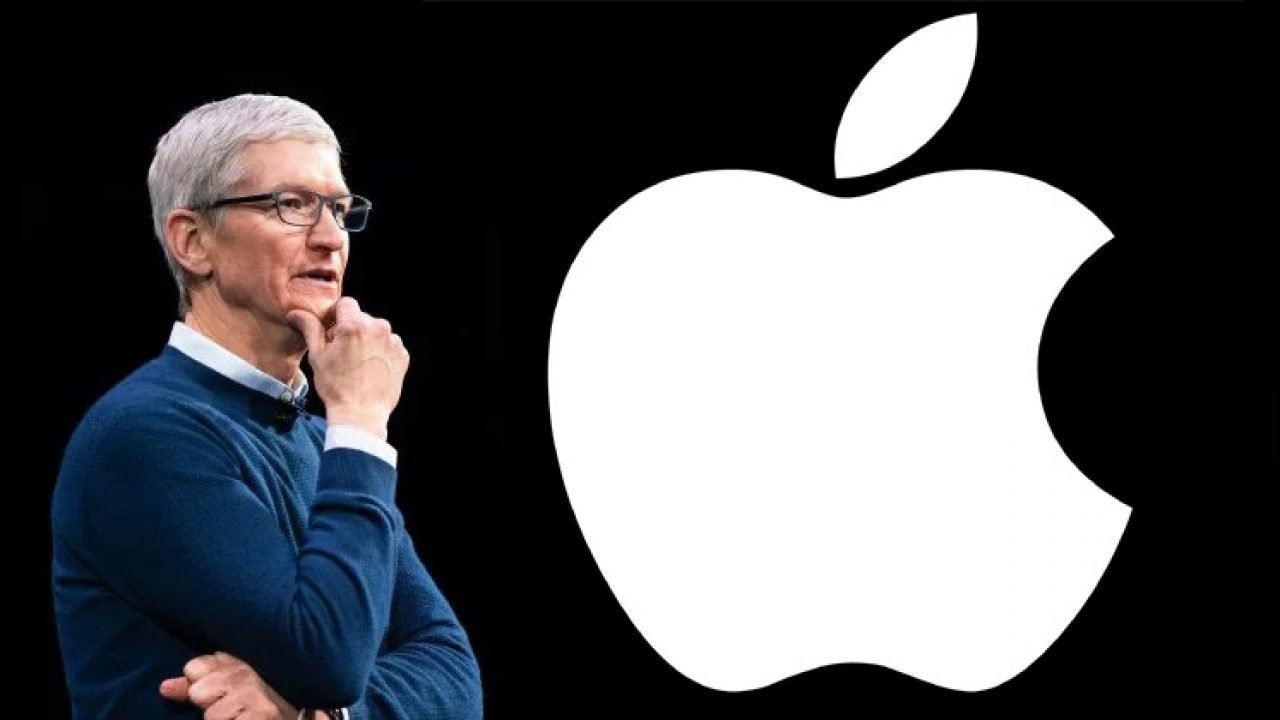
Apple Emerges as the Most Under-Owned Tech Giant in the U.S., Defying Historical Trends In a surprising turn of events, Apple Inc. has taken the crown as the most under-owned large tech company in the United States. This remarkable feat is attributed to a substantial surge in the company’s S&P 500 weighting and institutional ownership during the second quarter of the year, marking a significant departure from historical norms.
Apple Emerges as the Most Under-Owned Tech Giant in the U.S., Defying Historical Trends
Apple’s Remarkable Quarter
During the second quarter, Apple witnessed a remarkable increase in both its S&P 500 weighting and institutional ownership, each surging by an impressive 91 basis points. This surge defied conventional wisdom, as Apple emerged as the most under-owned major tech company in the U.S.
Institutional Ownership at -2.21%
The standout statistic is Apple’s institutional ownership, which now stands at a unique -2.21%. This negative figure indicates that, remarkably, institutional investors own a smaller proportion of Apple’s shares than what is represented in the S&P 500 index. This represents a notable shift in market dynamics and investment strategies.
A Historic Shift
What sets this development apart is the historical context. Apple’s shift from being a tech giant with high institutional ownership to one of the most under-owned companies in its class is the largest recorded change by a single company in the past 15 years. This unprecedented shift raises questions about investor sentiment, portfolio diversification, and the evolving landscape of the tech industry.
Reasons Behind the Change
While the exact reasons for this dramatic shift in ownership remain subject to speculation, several factors could be contributing to this change:
Diversification Strategies: Institutional investors may be diversifying their portfolios by reducing their holdings in Apple and reallocating their investments to other sectors or companies.
Market Dynamics: Changing market dynamics and uncertainties may be influencing investors to reassess their positions in tech companies like Apple.
Rotation in Sectors: As the technology sector evolves, investors may be reallocating their assets to align with emerging trends, potentially affecting their Apple holdings.
Apple’s Resilience and Adaptability
Apple’s ability to adapt to changing market dynamics and investor sentiment is a testament to the company’s resilience. Despite this shift in ownership, Apple remains a global tech powerhouse with a strong track record of innovation, consumer loyalty, and financial performance.
Implications for the Tech Sector
The significant change in institutional ownership for Apple prompts reflection on broader trends in the tech sector. It underscores the ever-evolving nature of investor strategies and the need for tech companies to continually demonstrate their value proposition to attract and retain institutional investors.
Apple’s emergence as the most under-owned large tech company in the U.S., driven by a substantial increase in its S&P 500 weighting and institutional ownership, marks a significant departure from historical trends. This remarkable shift raises questions about investor sentiment, diversification strategies, and the evolving dynamics of the technology sector. Apple’s resilience and adaptability remain central to its continued success in a rapidly changing investment landscape.

